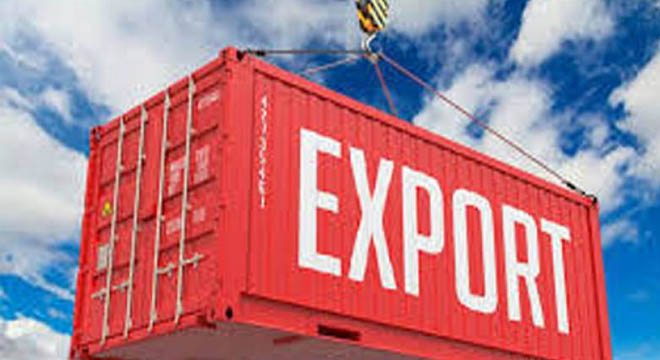LAHORE – Pakistan Industrial and Traders Association Front (PIAF) chairman Mian Nauman Kabir has said the government has to formulate long-term and consistent policies for the revival of industry and considerable improvement in exports, as contrary to regional countries, Pakistan’s exports have remained stagnant for a long time, and unless attention was paid to all factors that hamper industrial and exports growth, the country might not be able to achieve desired results.
PIAF chairman Mian Nauman Kabir, in a joint statement with vice chairman Javed Siddiqi, observed that it was imperative to make power and gas tariffs for domestic as well as export sectors compatible with the tariff being applied in regional and neighbouring countries.
He said the government had pledged to revamp the power sector and continued to raise electricity prices to eliminate subsidies, but failed to implement reforms to make the power sector efficient. The circular debt issue could have been resolved today, if the government had eliminated production, transmission and distribution losses; checked electricity theft and recovered the outstanding electricity dues, he stressed.
Mian Nauman Kabir said the constant increases in energy rates on the behest of the International Monetary Fund would make the Pakistani products uncompetitive in the international market.
Talking to a trade delegation at his office, he said the regular attempt of economic managers to increase oil prices along with the hike in power and gas tariffs will ultimately harm the government’s overall move of reducing the production cost in the country announced by the prime minister in various phases. The present, as well as the previous governments, had always been forced for an exorbitant hike in the energy tariffs due to excessive capacity payment to IPPs in dollars, leading to further addition in public debt of the government, which ultimately passed on to the end-consumers. He said the power crisis has cost $82 billion in lost GDP between 2007 and 2020. In per capita terms, the power crisis has cost each Rs43,504 during this period, with rupee per capita GDP lower by 23 per cent as a result.
The lower GDP growth cost approximately 0.9 to 1.6 million jobs a year, on average, between 2007 and 2018. Fiscal costs to the budget have amounted to a further 1.2pc of GDP each year, on average, between FY2007 to FY2019.
He called for power sector reforms, considering the matter of overbilling, technical losses, transmission issues, proposal on decentralization of the sector, promotion of off grid solutions, incentives for renewable energy solutions and capacity payments to the independent power producers.
If the government failed to take immediate measures the power sector is likely to choke up due to heavy outstanding dues, he feared.
For the current fiscal year the government had set the economic growth target at 2 percent, which will be better in the current economic situation but is not enough to create jobs for a growing population.
He said that the industrial sector has a major contribution to the tax collection and the sector’s share in revenues is almost triple than its contribution to the overall economic output.
Follow the PNI Facebook page for the latest news and updates.









